One of the biggest doomsday scenarios peddled by AI scaremongers is massive layoffs writes Satyen K. Bordoloi calling it a one-sided, flawed argument outweighed by opportunities to redefine the entire jobs market.
This Bollywood producer with a small office in Indian cinemas ‘khau-galli’ – New Link Road in Andheri West where most big producers have their offices, had just discovered ChatGPT. I had been writing for him for a few months but he was not happy. He showed me a few pages of a story we were working on, proclaimed it masterly and informed me it was generated on ChatGPT. He called the OpenAI program a ‘brilliant’ writer.
Barely a few days later, he said our arrangement wasn’t working – Bollywood euphemism for ‘you’re fired, shitbag’. Though he never explicitly said so, having known him for a year, I knew I had lost out to ChatGPT in a race I didn’t even know I was in.
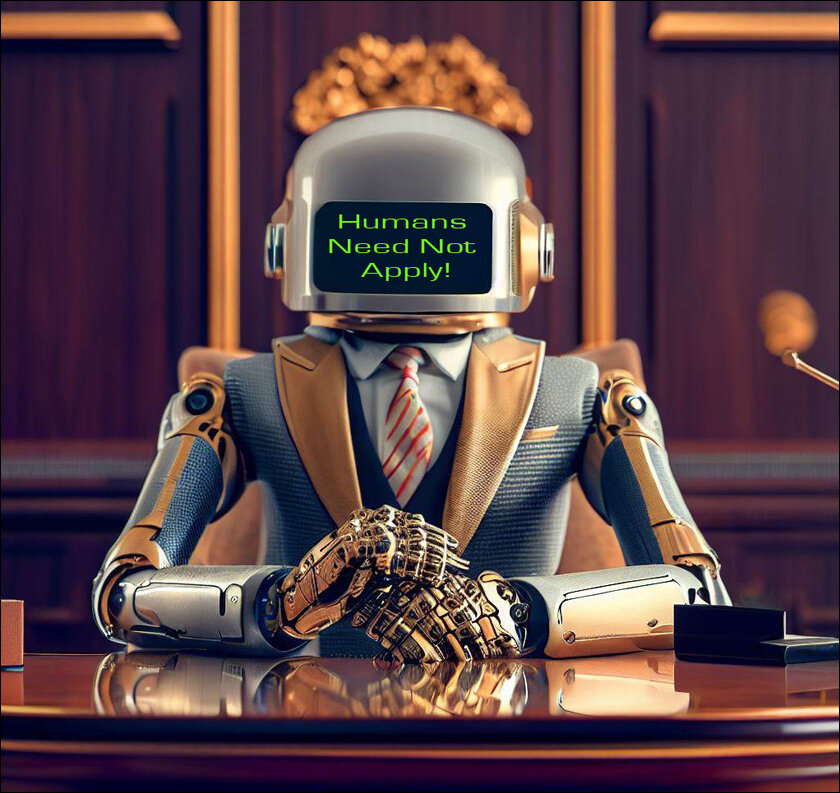
For years now, but mostly in the nearly 11 months since ChatGPT first came into the picture, even those who’re not stupid enough to anthropomorphise AI and talk solely in terms of doomsday scenarios, have raised this very real problem: millions will lose their jobs because generative AI is able to do so much, so fast and so well.
As I have talked to people, and peers, seen conversations on social media and forums, and looked at an endless array of APIs or AI plugins emerging from the woodwork, I have come to realise one genuine fact about the jobs market – both formal and the gig economy: each one of us is not just in competition with each other but like I unwittingly discovered – also with AI systems.
This has made many bitter. Like the Luddites, they talk of the gloom and doom that will emerge from AI. I am not an extremist preferring to keep a moderate, centrist position on most things. Hence, despite having suffered humiliation caused by generative AI, I have not given way to despair and have instead attempted a nuanced perspective on how AI will impact jobs in the world.

THE JOBLESSNESS OF TECH RUSH:
In the late 18th and early 19th century, the Luddite movement arose in England. These folks went around breaking looms because they thought – rightly so – that mechanization was taking away jobs. As factories poked the skyline of London, its streets were full of the squalor of people suffering the negative effects of industrialization. If a power-loom could make cloth faster, better and more efficiently, who wanted people on handlooms? Poverty and unemployment were rife and the despair of the times gave rise to the philosophies that created communism and the works of authors like Charles Dickens.
Pundits – back then, and through many other scientific, mechanical revolutions since leading up to the techno-dystopianists today – have claimed each new cycle to be the end of the world. That the joblessness created by technological advancements would cause world-consuming social unrest. They weren’t entirely wrong. Every new technological revolution has caused mass social upheaval – both good and bad. Yet what almost consumed the world in the two Great Wars wasn’t mechanization but the ancient greed of colonization. Technology and science have marched on, causing unrest and joblessness in the short run, but in the long term creating sufficient opportunities and new jobs for the exponentially expanding population of the world. Earth 200 years ago had one billion people. Who created jobs for the 8 billion we have today? Who’s feeding them?
Today is no different. In the short run technologies like generative AI and quantum computing and quantum AI tomorrow will cause joblessness and unrest. Eventually, equilibrium will be established in a higher plane of prosperity and standard of living for everyone on the planet.
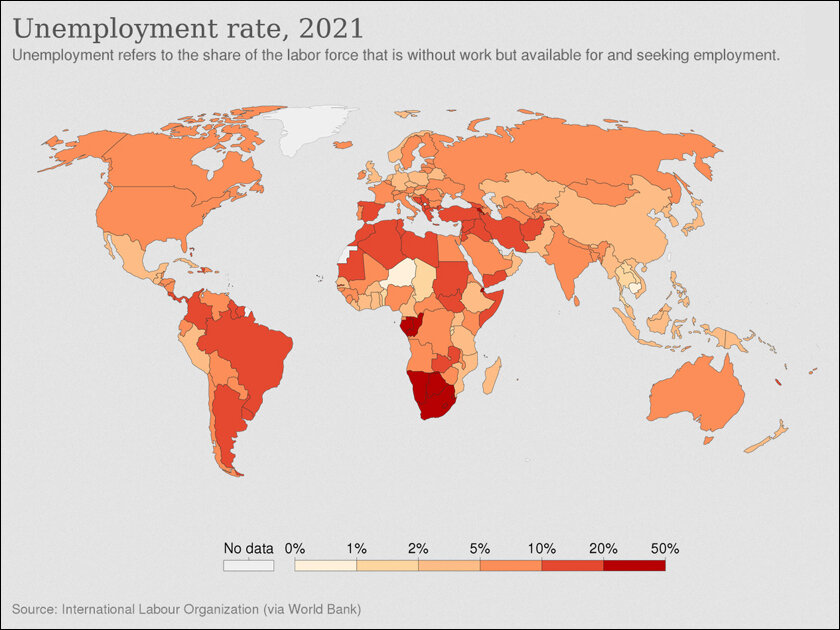
(Image Credit: Wikipedia)
HOW TO LOOK AT JOBLESSNESS CAUSED BY AI:
IBM Chair and CEO, Arvind Krishna in this informative podcast from Politico Tech, made some interesting observations about layoffs due to AI. He said, “In three years, as AI plays out – we will have more employees. If you are a more productive company, that means you have higher quality products. Products that are lower cost than your competition. This means you get more market share which means you need more employees. If a programmer becomes 30% more productive, does that mean you need 30% fewer people? It only means we can produce more and of a higher quality and gain market share. There will be displacement of roles but overall employment will increase, not decrease.”
This he says while admitting that 6% of his own employees will be displaced by it in the next three to five years. He believes the reduction of jobs will be in repetitive white-collar jobs. He also states that the churn of the workforce in his nation i.e. USA, will be 5% which is the annual churn there anyway.
Take what Mr. Krishna says, with what Morgan Stanley found in a research survey: that more and more people are doing multiple side jobs thanks to generative AI tools. Thus, though the Damocles sword of retrenchment will keep hanging over their heads, millions of workers who can hustle well will do really well in the current scenario with second and third jobs on the side.
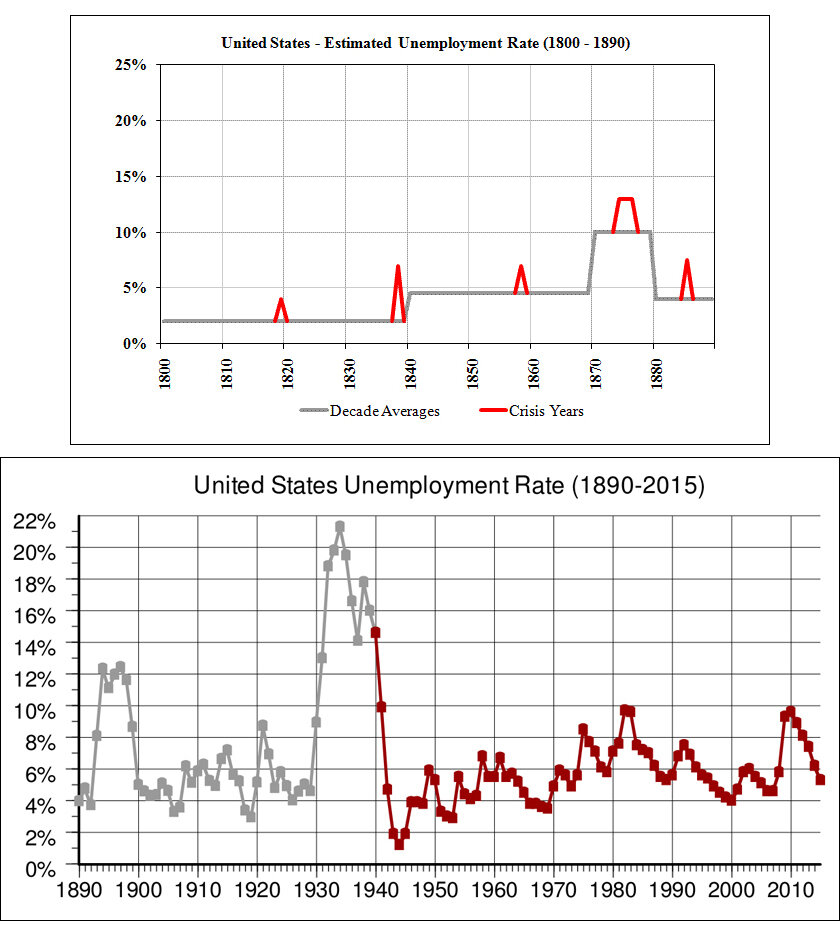
THE ONUS IS ON THE INDIVIDUAL:
This means we need to work a lot smarter and faster. Job security is a thing of the past and it is not really a bad thing, but depending on who you are and how you think, could actually be awesome. Think of almost any rags-to-riches story and it invariably begins with the person being dealt a bad hand by fate. In most of them, it is caused, abetted or accentuated by people being fired from jobs. It causes disruptions in their lives but these women and men straighten their back and go back to work, this time better and smarter. The end result: they thank their initial setbacks for their heights of success.
That is what we need to remember when we talk of layoffs from AI. Yes, people will get hurt, and individuals will take a hit – like I personally did – because of AI. But what comes out of it, will depend on the way you look at it. If you sit, mope and cry, you’ll have reason to do that all your life. But if you take this as an opportunity to see what more you can do, after some hiccups, you will find a higher level of fulfilment – both financial and personal. More often than not, your personal attitude will determine whether you’re left by the wayside, or climb the ladder of success.
What IBM’s CEO said can be used as much for your personal life as for companies: if you find something that will help you advance to the next level, and do better and more productive work, will you fight it?

SUPERINTELLIGENCE AND AGI:
There are those who think that it’s a matter of time before superintelligence or AGI (Artificial General Intelligence) catches up and makes everything redundant. Truth is, unless we figure out a way to create consciousness – that too on a human level – this will never happen. That’s because superintelligence is nothing but faster processing which we already can do with more systems plugged in together. Will that improve quality? Not necessarily. It’ll improve speed without a doubt, but bettering quality depends upon contextual judgments which no one can do better than humans at least till Artificial Consciousness becomes a reality.
Yes, the world will suffer the disruptions caused by this new technology. It’s happened before – twice in my lifetime. First during the 1990s internet boom and then the smartphone explosion post the launch of iPhone in 2007. As always, an equilibrium will be reached. Of course, each time is different. This is particularly so because, for the first time, we have separated intelligence from biology. But eventually, like the last many cycles of industrial and technological disruptions, we will find a state of balance, only for the next big tech to do the same all over again.
Hence, if there is any mantra you must remember, then it is to repeat the oldest: change is the only constant. Everything in our life is in flux. Almost every single cell in your body is different from what it was seven years ago. Why are we so lethargic in our thinking to expect stagnation and consistency? In the future, we won’t have job security like in the past. What we will have are an array of opportunities for change and growth – through the path of disruption – and means to actualize ourselves as no living beings have in the past.
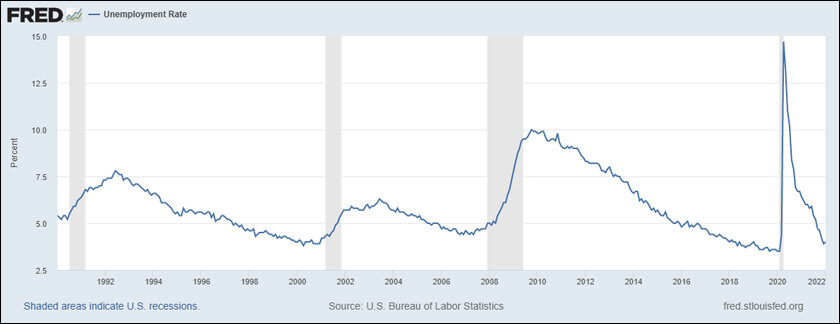
Most importantly, never forget that jobs that don’t even exist will emerge out of the woodwork like flood. Here’s proof: in the last century did anyone hear of jobs like application developers, web designers, python programmers, prompt engineers, influencers, social media managers and hundreds of such jobs that employ hundreds of millions?
Whether you want to fight the inevitable AI rise and wither away, or embrace it and change yourself for the better, is a choice you have to make for yourself.
I did sit and mope for a few weeks at the loss of a job after the producer fired me. But once the crying was done, I decided to see how I could use generative AI myself. It took a few months to fine-tune, but I found that it is an excellent sparring partner. Whenever I am stuck – writer’s block is a creator’s enemy number one – I head to one of the AI systems available and jam with it. 95% of the time what comes out is unusable or too generic, but almost 100% of the time, it triggers my mind. Forget prompt engineer for generative AI, generative AI has become the prompt engineer to trigger new ideas and solutions in my head. I have become faster and better in my screenwriting work.
Sit and sulk or adapt and expand – the choice – as it has mostly been in the 200 years of rapid industrialization – is with you.
In case you missed:
- Rise of Generative AI in India: Trends & Opportunities
- AI vs. Metaverse & Crypto: Has AI hype lived up to expectations
- Apple Intelligence – Steve Jobs’ Company Finally Bites the AI Apple
- Kodak Moment: How Apple, Amazon, Meta, Microsoft Missed the AI Boat, Playing Catch-Up
- Nuclear Power: Tech Giants’ Desperate Gamble for AI
- Google Falters Under AI Onslaught: Future of Search in Peril?
- Deep Impact: How Cheap AI like DeepSeek Could Upend Capitalism
- OpenAI’s Secret Project Strawberry Points to Last AI Hurdle: Reasoning
- Are Hallucinations Good For AI? Maybe Not, But They’re Great For Humans
- Why is OpenAI Getting into Chip Production? The Inside Scoop

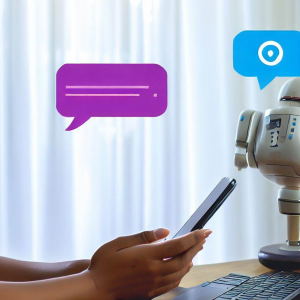

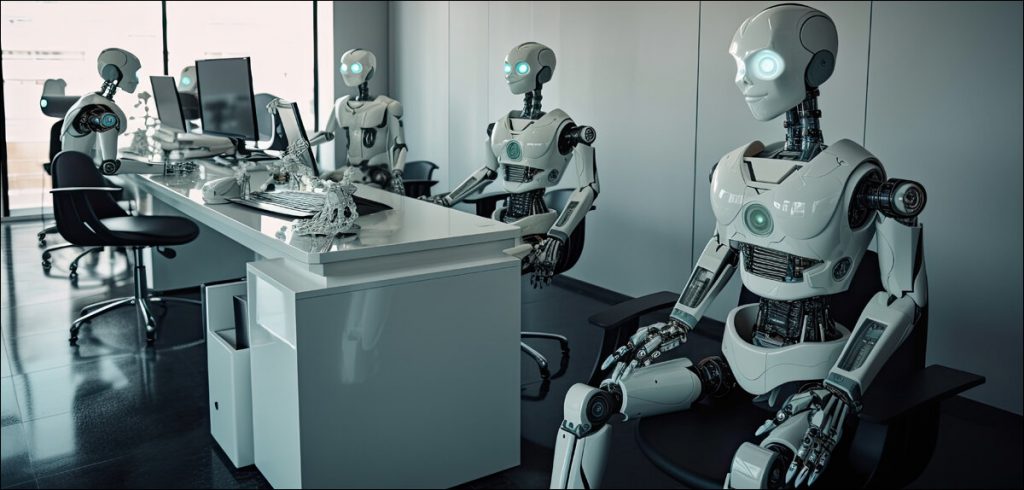
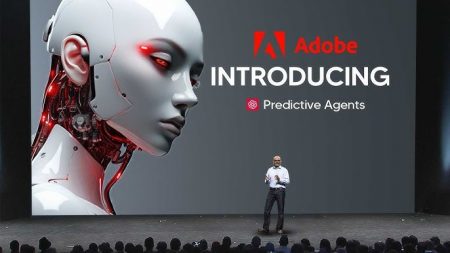
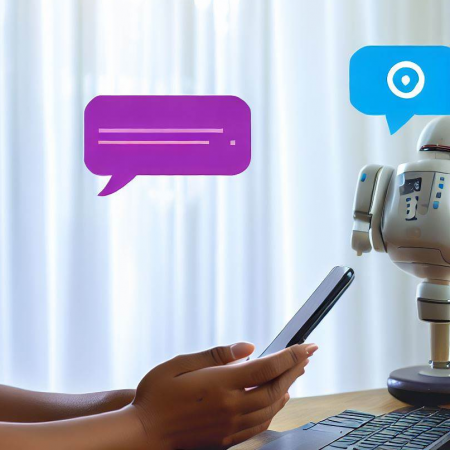


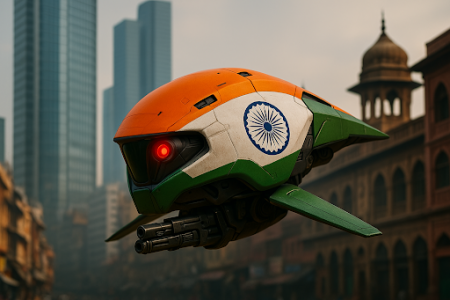

3 Comments
Thank you for sharing your extensive knowledge on this subject. Your post has been incredibly enlightening.
Thank you for debunking common myths and providing accurate information in your post. It’s enlightening and informative.
Keep up the great work! Thank you so much for sharing a great posts.